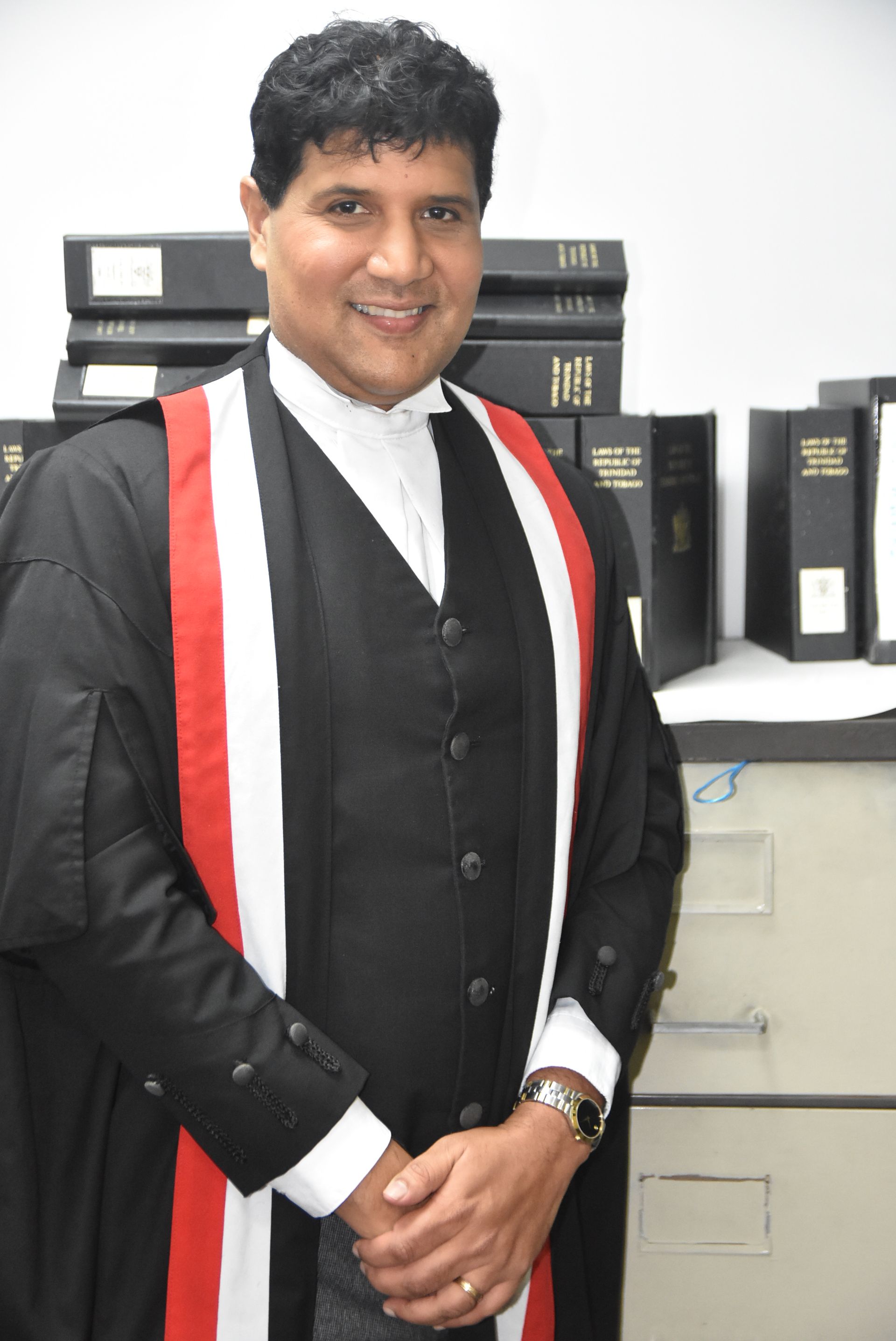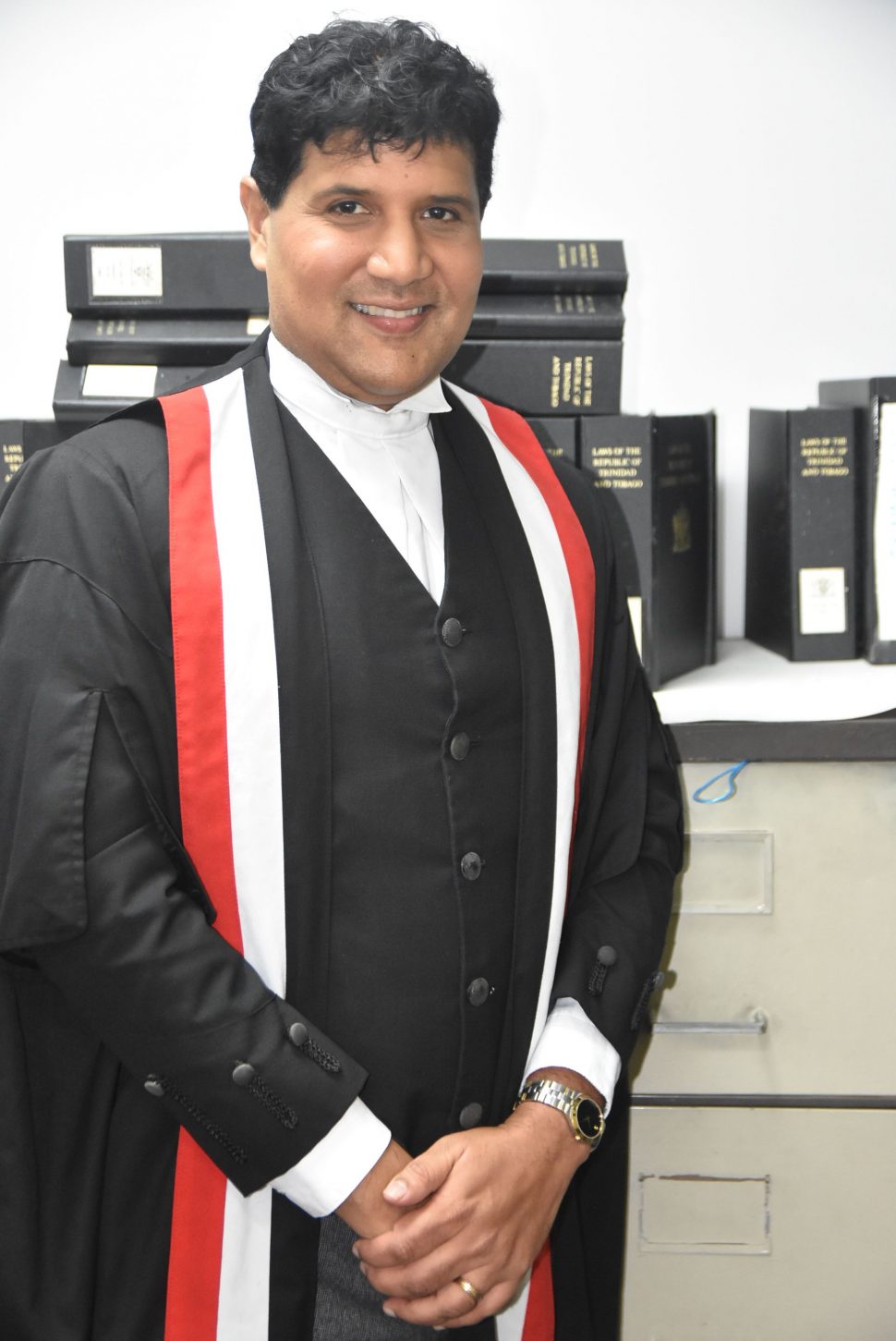(Trinidad Guardian) Frustrated over the absence of printing paper in the Port-of-Spain and San Fernando Supreme Courts for the past two weeks, a judge yesterday said the Judiciary appears to be on the brink of collapse.
The plain-spoken Justice Frank Seepersad vented his frustration in open court, particularly to former attorney general Anand Ramlogan SC and Shawn Roopnarine. Seepersad said last week he had to send his staff to purchase printing paper to make hard copies of documents during a three-day trial in the Port-of-Spain High Court. Yesterday in San Fernando, Seepersad said he was forced to adjourn a matter involving Starlite Shopping Plaza Ltd vs Felton Reno to tomorrow because there was no paper to print a consent order which was emailed by the Port-of-Spain-based attorneys in order for him to sign it. The judge asked the attorney to walk with a hard copy of the consent today.

Saying that the situation was unacceptable, the judge said, “It is evident to me as a sitting judge that the institution appears to be on the brink of collapse and the only reason that chaos has not ensued is that individual judges are cognisant of their constitutional obligation and the needs and rights of citizens.
“It cannot be that a judge must send staff to purchase paper so that orders could be entered and forwarded to judgements and orders. It appears to me that, unfortunately, the time may soon come, despite the best intentions of judges, the lack of administrative support may render it impossible for us, and I can speak for myself, to continue discharging my constitutional obligations.”
Asking for the support of members of the bar, he said it cannot be business as usual when the necessary resources to the meet the basic operating demands seem to either be inadequate or not being proportioned for the purposes for which they are intended.
“The bottom line is that we cannot continue under the circumstances and when situations arise and the court is unable to either enter your orders to give you written judgements, it is not because the court is deflecting its responsibility. But I think the time has come, at least from my perspective, to stop trying to fix things that are outside of my remit and which really ought not to engage judicial attention,” he said.
A staff member also complained that on the third floor Seepersad was assigned to yesterday, which comprises a registry, a criminal and a civil court, the air conditioning system was not working for yet another time.
A female judge who commented on the situation under a condition of anonymity said it was the judiciary is in autopilot and there is no leadership or direction.
“God help us all,” she said.

